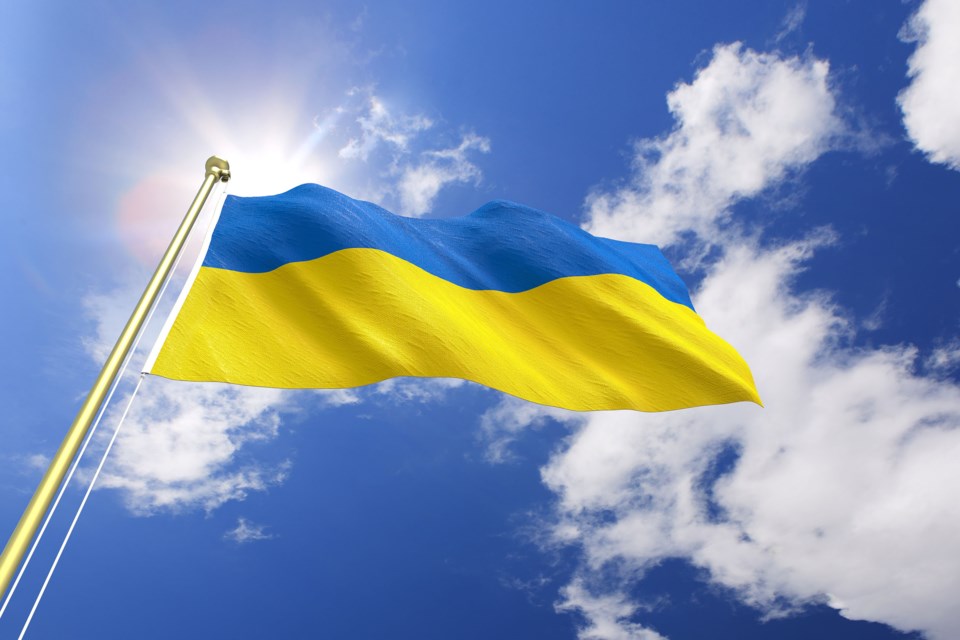As the Russian invasion of Ukraine continues, concerns grow about the current and potential emergency needs of Ukrainians. Generous donors want to help by supporting charities that are raising funds for assistance.
While Better Business Bureau (BBB) supports the public to make donations to trusted organizations, they also encourage donors to visit the BBB Wise Giving Alliance and check out their BBB Charity & Donor Resources to give thoughtfully, and avoid those seeking to take advantage of the generosity of others.
Though many well-run, legitimate charities are helping people in need, others fail to live up to their promises to assist. The BBB has issued warnings about several charities that devoted more money to raising funds than actually helping others and, in some cases, weren’t willing to reveal how their funds were spent or the amount of assistance they offered. BBB Scam Tracker received more than 939 reports of charity scams across North America in the past two years.
It is prudent to consider the following BBB tips before you provide generosity to help the people in Ukraine:
• Review the website carefully. A responsible charity will include the following facts on its website: its mission and programs, measurable goals, and concrete criteria that describe its achievements. You should also be able to find information on their finances. Keep in mind, the type of work a charity does will affect its costs.
• Check if the relief charity meets BBB Charity Standards. When the BBB evaluates a charity, it looks beyond finances and overhead, examining a charity’s governance, effectiveness and fundraising practices against BBB’s 20 Standards of Charity Accountability. Only after a charity meets all 20 standards will the organization be offered BBB Accreditation and use of the BBB seal. Browse local BBB Accredited Charities at BBB.org
• Research whether the charity is experienced in providing emergency relief. Experienced disaster relief charities are the best bet to help deliver aid as soon as possible. New entrants may have difficulty in following through even if they have the best of intentions.
• Figure out if the charity can reach the impacted area. Not all relief organizations will be positioned to provide relief quickly. See if the charity already has a presence in Ukraine or nearby regions.
• Make the right decision when donating to a crowdfund. If engaging in crowdfunding, it is safest to give to someone you personally know and trust. They also suggest you review the platform’s policies regarding fees and distribution of collected funds. If the crowdfunding request is from a charity, do your due diligence by checking them out on Give.org. Keep in mind that some crowdfunding sites do very little vetting of individuals or organizations that decide to post for relief assistance. Sites that take security measures will usually provide descriptions of these procedures.
• Watch out for exaggerated financial claims such as “100% will be spent on relief.” Charities have fundraising and administrative expenses. Any charity claiming otherwise is potentially misleading the donating public. Even a credit card donation will have a processing fee.
• Should you send clothing and food? Local drives to collect clothing and food to send overseas may not be practical as the logistics and timing to deliver and disperse such items will be challenging. Relief organizations are better equipped to obtain what is needed, distribute it effectively and avoid duplication of effort.
In addition, BBB has prepared a list of BBB Accredited charities to help you better find trustworthy places for your donations. The charities below are either currently raising funds for assistance efforts in Ukraine or preparing for needs that could arise if the current conflict results in population displacement.
• Direct Relief
• GlobalGiving
• International Rescue Committee
• Save the Children
For more information on how to give wisely or what charities to trust, visit the BB Wise Giving Alliance at Give.org.



